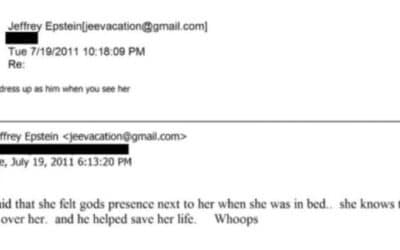I recently finished watching Martin Scorsese’s film Silence. From both the spiritual and historical perspectives, it’s an interesting film.
The story is based on a work of Japanese historical fiction that speculates about the lives of Portuguese Jesuit missionaries who have snuck into Japan after its severe crackdown on Christianity and outsiders in the 17 century. It is brutal in a situational sense. One character describes the methods of the Samurai lord persecuting him as “almost beautiful”, but evil. The film’s major theme relates to faith more than it does to history. It treats all parties fairly, but the nature of its thematic focus leaves out important political context.
Christians in Japan were brutally prosecuted. However, major persecutions only began after a large rebellion of Christians. The main issue in that rebellion was a new lord’s decision to raise taxes to oppressive levels. To be fair to the Japanese, after the rebellion was defeated this lord himself was executed for poor stewardship.
What’s interesting about the methods used to persecute Christians is that they reveal something essential about power. All that was required of Christians, most of the time, was a symbolic act of renunciating faith. Usually, it took the form of trampling an image of Christ. Characters in the story repeated the line that the act was just a formality, that it didn’t change their hearts, that it was so simple and easy. While the inquisitors would escalate their brutality when necessary, they mostly sought small outward acts of obedience. As the Christian characters suffered, the movie asks: “is this really worth refusing to do a small act of blaspheme?”
One inquisitor remarks that initial persecutions of Christians were bold and violent. The strategic problem of this method was that it created martyrs and strengthened convictions. Over time, the Samurai lords reduced their demands to simple symbolic gestures. They understood what it was they had to defeat. The danger of Christianity came from those who would rather die than place their foot on an image of Christ. And so by making this their test, the Samurai lords targeted only the most strident believers. This shows where power lies.
Power is the consequence of action. Political power comes from willing consent. When people choose to act towards a common end, this is an exercise of power. Violence has tremendous ability to shape action, but for the most part is limited to merely preventing it. True power comes from “winning hearts and minds”, or rather, convincing whole populations to submit to a certain political order willingly. Consent causes people to lend their strength and self-motivation to the cause of the state.
Christianity threatened the Japanese politically order, as it threatened Rome, because of consent. Christianity posits a judge that is above and beyond the state. This provides not only an exogenous source of morality, but also of justice. It robs from the state it’s monopoly on justice, and therefore a great deal of its legitimacy. Orthodox Christian notions of paradise rob the state of its material power. If suffering starving peasants believe that a world without suffering lies through martyrdom, they cease to feel compelled to rely on the state merely because it feeds them. Christianity delegitimized state power.
The Samurai lords understood this principle of consent. Christian flirtation could be tolerated so long as the peasants asserted the reality of the state’s power and preeminence over God’s. By trampling the icon, peasants were conceding that they didn’t really believe that God would rescue them from the state. As long as they could be made embrace this belief, they would be lending legitimacy to state power by way of consent. It might not be their preference, but by denying Christ, Japanese Christians were asserting that Christianity as they knew it couldn’t really serve as an alternative to state power.





























